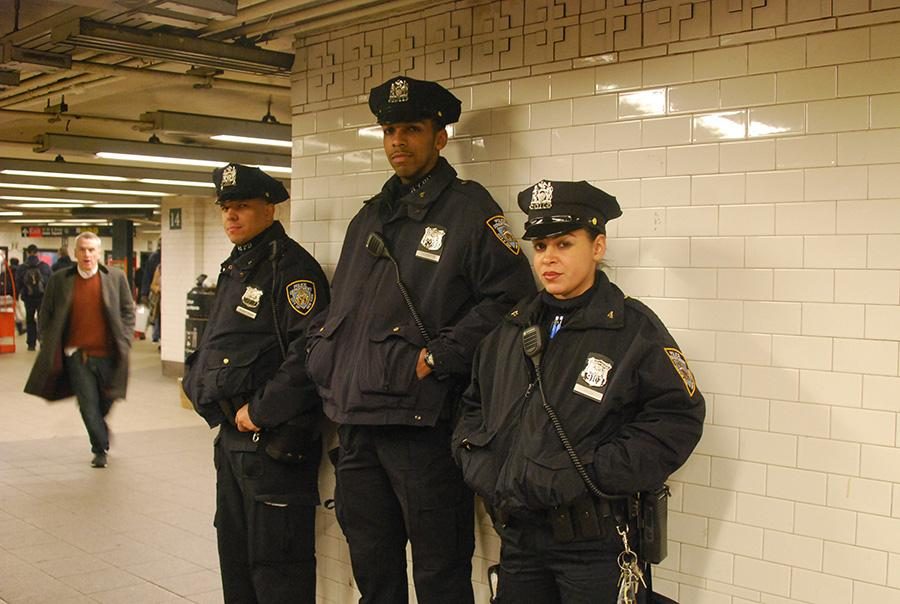Conflicts continue between NYPD, mayor
January 26, 2015
Tensions between the New York Police Department, Mayor Bill de Blasio and Police Commissioner Bill Bratton continue to escalate after the recent police brutality, protests and pro-NYPD protests.
In December, after the announcement that there would be no indictment in the cases of Michael Brown and Eric Garner, de Blasio spoke openly about the fears of many families raising young men of color on national television. De Blasio spoke from personal experience, discussing how he taught his son to be careful around police.
“Because of a history that still hangs over us, the dangers he may face, we’ve had to literally train him, as families have all over this city for decades, in how to take special care in any encounter he has with the police officers who are there to protect him,” de Blasio said during a Dec. 8 interview on ABC.
Both citizens and officers have been vocal in their protests against de Blasio, claiming he did not support the NYPD. Officers even turned their backs on de Blasio during the funerals for officer Rafael Ramos and officer Wenjian Liu, the two NYPD officers who were killedwhile on patrol on Dec. 20.
Police commissioner Bill Bratton denounced the NYPD funeral protests, while Patrolmen’s Benevolent Association’s President Patrick Lynch publicly defended the NYPD protest in a speech on Jan. 4.
“New York City police officers have opinions, too, and we’re going through a very emotional and difficult time,” Lynch said.
CAS junior Swati Malik thinks the NYPD’s efficacy is not affected by the gap between de Blasio and the police. She said the NYPD will continue to keep people safe to the best of their ability.
“Although the past year’s headlines have created rifts between the public, the NYPD, as well as the commissioner and mayor, it is important to remember that, simply stated, crimes do occur and there will always be a difference of opinions,” Malik said. “That doesn’t mean that the public should stop believing in and having faith in the system that was created for the purposes of protecting the people.”
CAS freshman Weston Richey said he believes de Blasio was truthful in his proclamations about a young person of color’s interactions with police.
“Regardless of how I feel about de Blasio generally, he certainly was not lying when he spoke about the oftentimes violent relationship between police and minority groups,” Richey said. “If the NYPD can’t acknowledge their own faults and work to correct them, that’s almost entirely on them.”
NYU professor Lawrence Mead said de Blasio has done very well in office, noting the decreasing crime rate.
“This is happening very early in de Blasio’s term, and the first year went pretty smoothly because these issues didn’t crop up,” Mead said. “If we saw an increase in crime after he was inaugurated, that would be very serious because that would vindicate what the conservatives said against de Blasio.”
Mead added that de Blasio’s reputation will not be tarnished by this conflict if he plans to run for re-election and that de Blasio’s performance with crime prevention will be what voters remember, not this discord with the NYPD.
“I think it will be forgotten about in a few years, provided that everyone keeps their voice down and that’s what Bratton is clearly trying to do,” Mead said.
A version of this article appeared in the Monday, Jan. 26 print edition. Email Alanna Bayarin at [email protected].
























































































































































